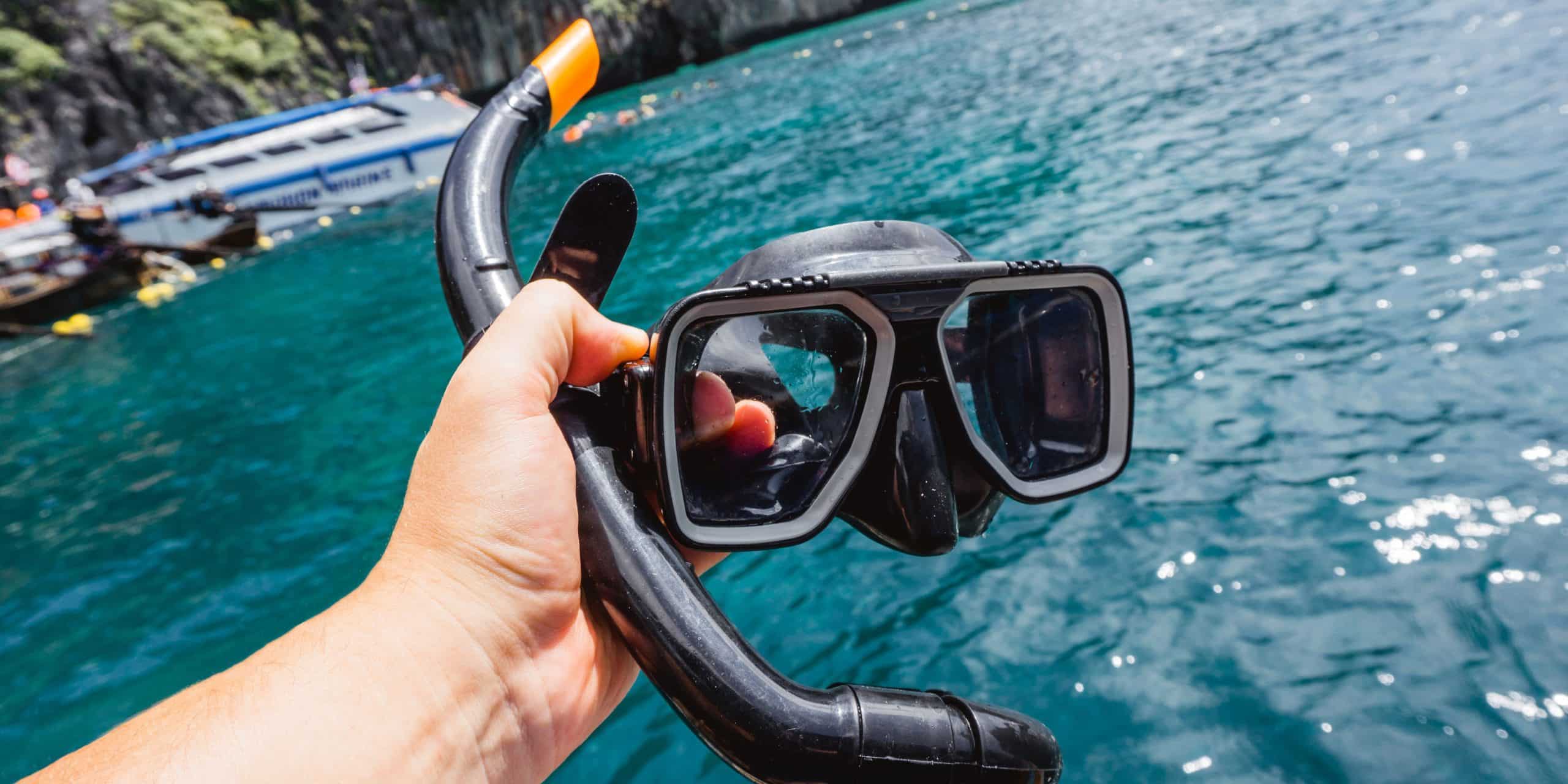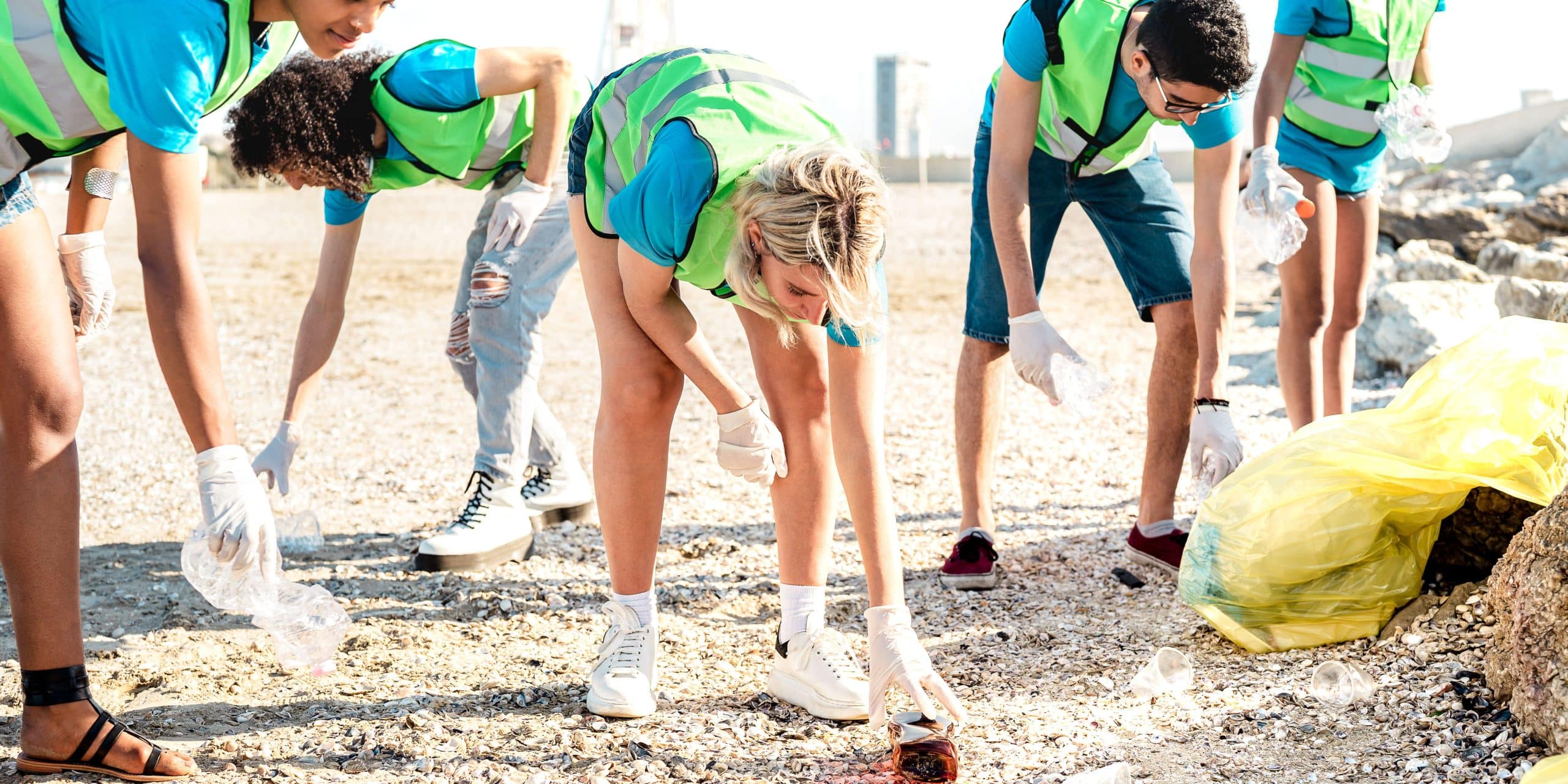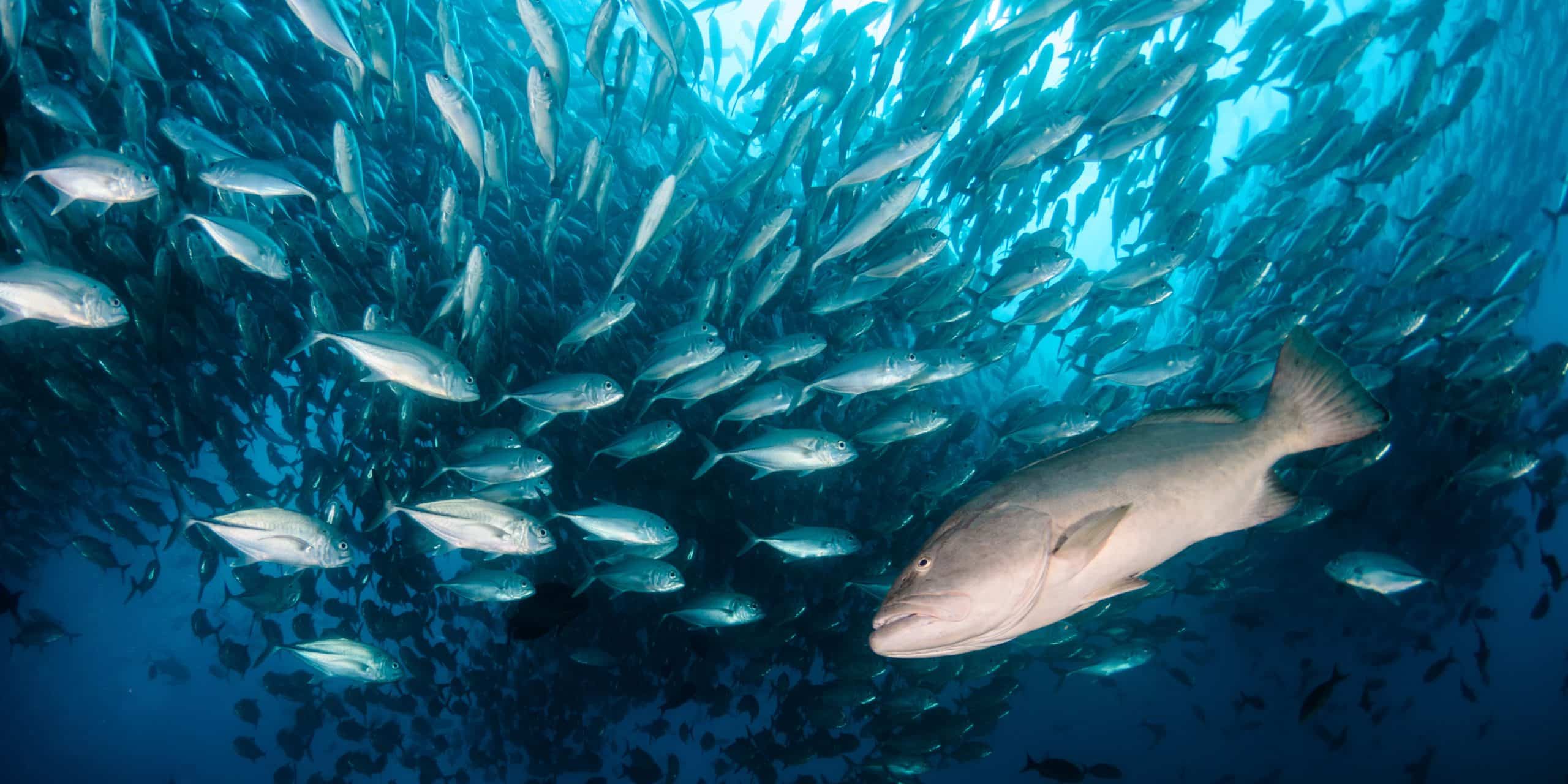Snorkeling is more than just a fun activity; it’s a way to explore the amazing underwater world and enjoy several health benefits. It is great for physical fitness and reducing stress. The other benefits of this sport is it helps us care more about the environment.
Overall, snorkeling is a wonderful way to connect with nature. This blog looks at the many benefits of snorkeling, including how it helps people and supports marine conservation.
Some Healthy Benefits For Your Physique
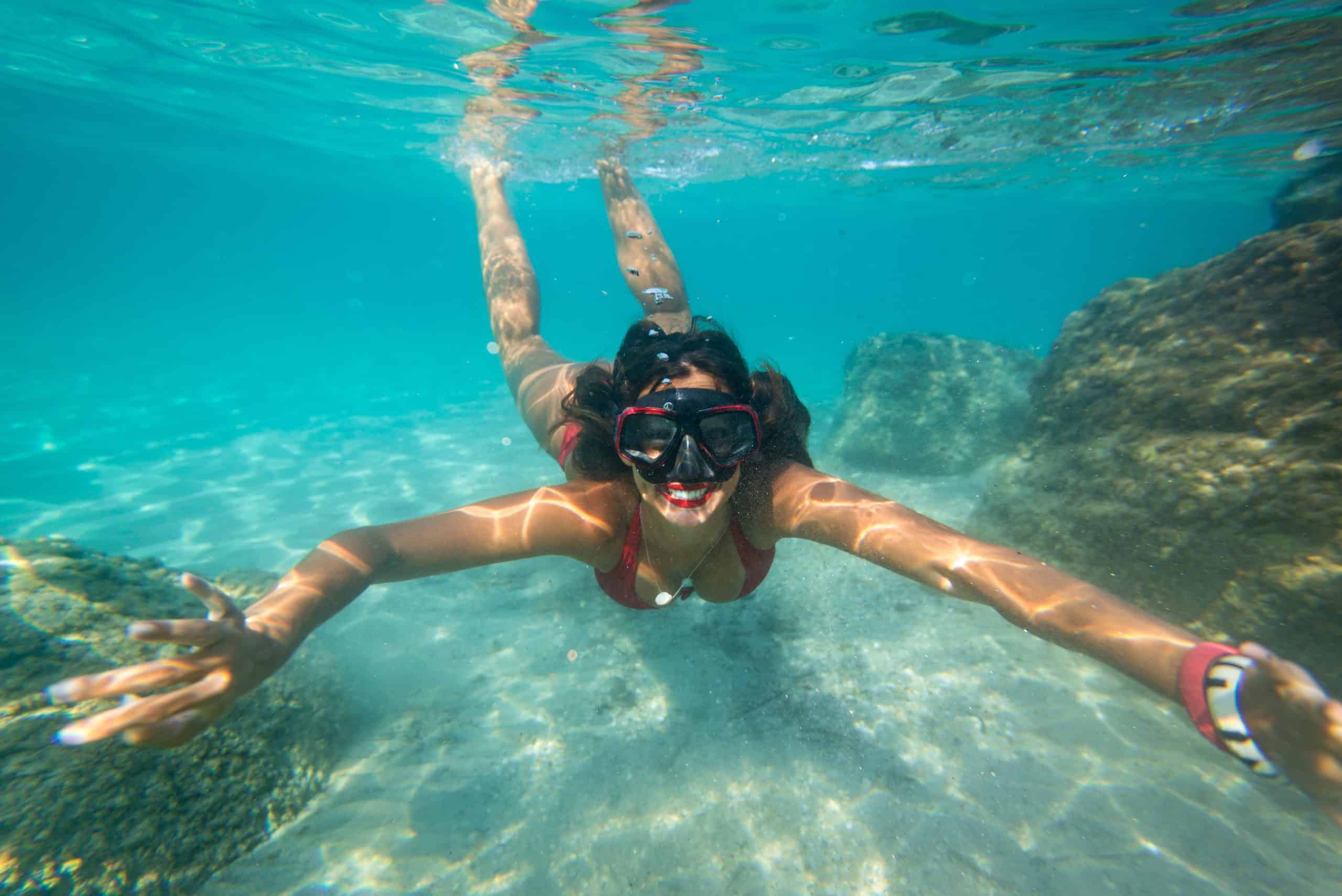
- Cardiovascular Fitness: Snorkeling means swimming in open water, which gives your heart and lungs a good workout. Moving your arms and legs regularly helps make your heart stronger and improves blood flow.
- Muscle Strength and Endurance: It takes more power of various muscle groups such as core, arms, and legs to swim against the currents. Regular snorkeling can help you build stronger muscles and improve your stamina.
- Joint Flexibility: Water helps cushion the impact on your joints and lets you move freely. Snorkeling is easy on the joints, so it’s a good choice for people with arthritis or joint pain.
- Respiratory Health: Practicing controlled breathing while snorkeling can boost lung capacity and help your breathing become more efficient.
Advantageous For Your Mental Health

Stress Relief
Being in the peaceful underwater world helps you relax and lower stress. The steady breathing and sensory experience of snorkeling calm your mind.
Mindfulness and Meditation
Snorkeling helps you stay present and mindful because you pay close attention to your breathing and what’s happening underwater. It acts like a form of meditation, helping you clear your mind and find inner calm.
Connection with Nature
Being near sea animals and underwater views helps us feel closer to nature. This bond can boost our mood and make us feel happier overall.
Adventure and Exploration
Discovering new underwater places and meeting marine animals ignites curiosity and excitement It leads to mental engagement and a feeling of achievement.
Understanding the Environment and Protecting It
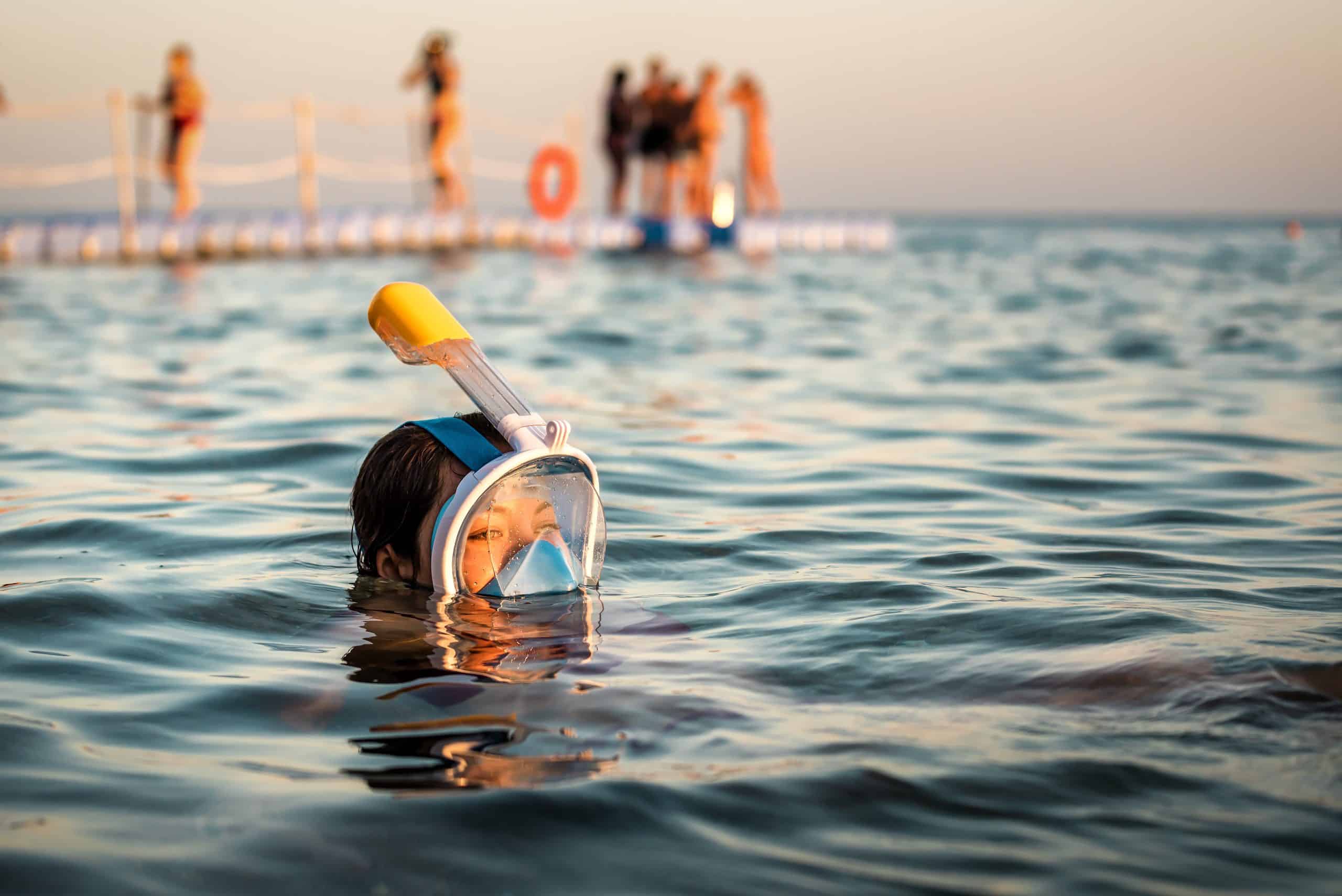
- First Hand Experience: Snorkeling lets you explore underwater worlds up close. You can see and enjoy the colorful fish and plants in their natural habitat. This experience usually makes people want to protect and take care of the ocean and its surroundings.
- Education and Awareness: Participants in guided snorkeling tours and educational programs discover important marine conservation topics like the damage to coral reefs, the problem of plastic pollution, and the plight of endangered species. This information helps people make eco-friendly choices and speak up for protecting the ocean.
- Support for Conservation Efforts: Participating in beach clean-ups, wearing sunscreen that is safe for reefs, and avoiding contact with corals and marine life are all examples of responsible snorkelling activities that support conservation efforts. Snorkelers contribute to the preservation of fragile ecosystems by caring for marine surroundings and promoting environmentally conscious travel.
- Inspiration for Advocacy: A lot of snorkelers end up being environmentalists. Along with sharing their experiences, they advocate for local legislation and initiatives that protect wildlife and maritime environments.
Binding Off
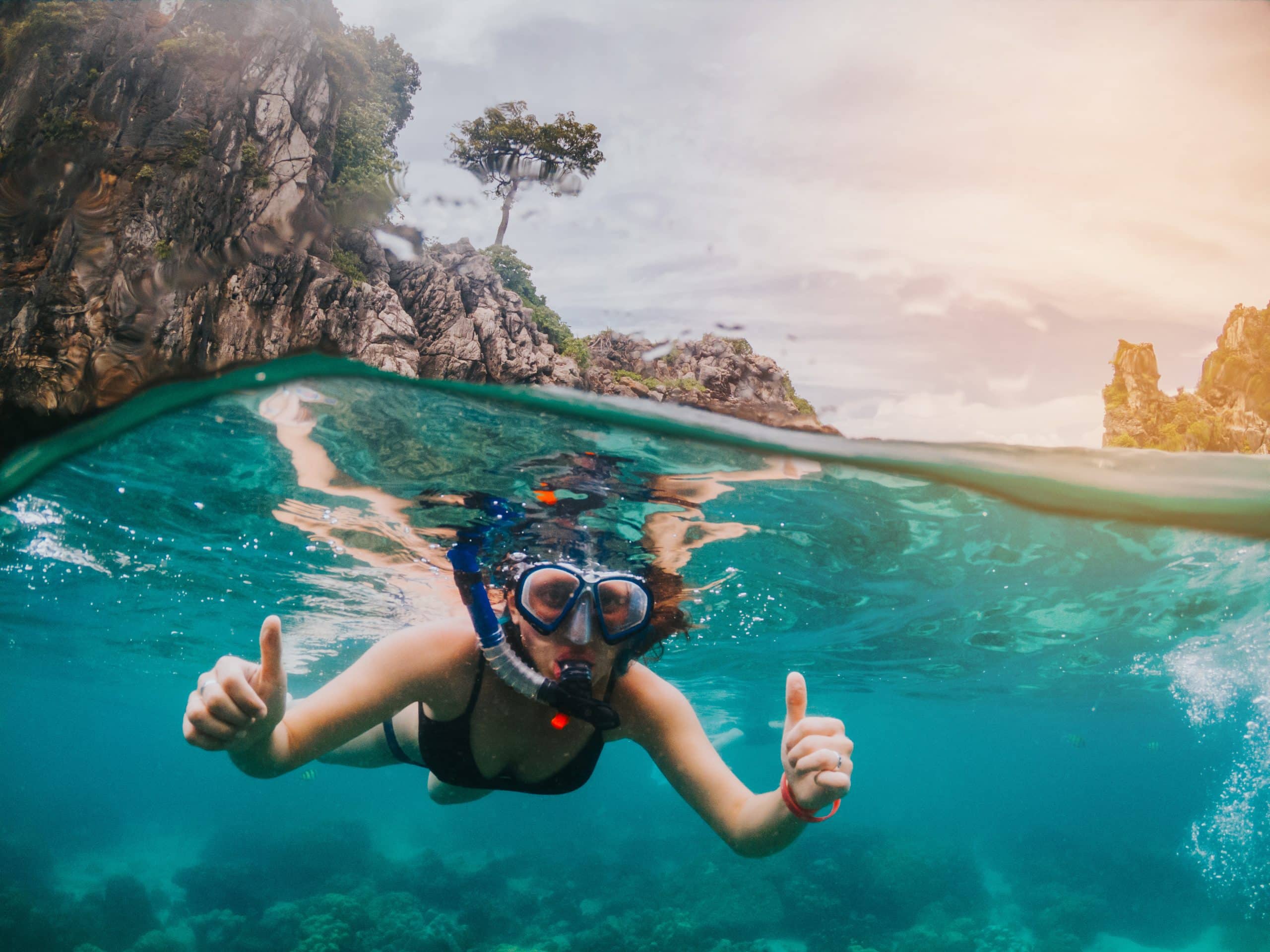
Beyond just being fun recreationally, snorkelling has many other advantages. It helps you stay fit, boosts your mental health, and protects the environment. It’s a great way for people to stay healthy and also support marine conservation. Snorkelers contribute to the preservation of marine ecosystems and a better environment for coming generations by discovering the undersea world and strengthening their connection to the natural world.
Explore snorkeling with Captain Hook’s to see how it can change your perspective and learn how to protect our oceans. You will know more about the ocean when we hold your hand during the trip.


